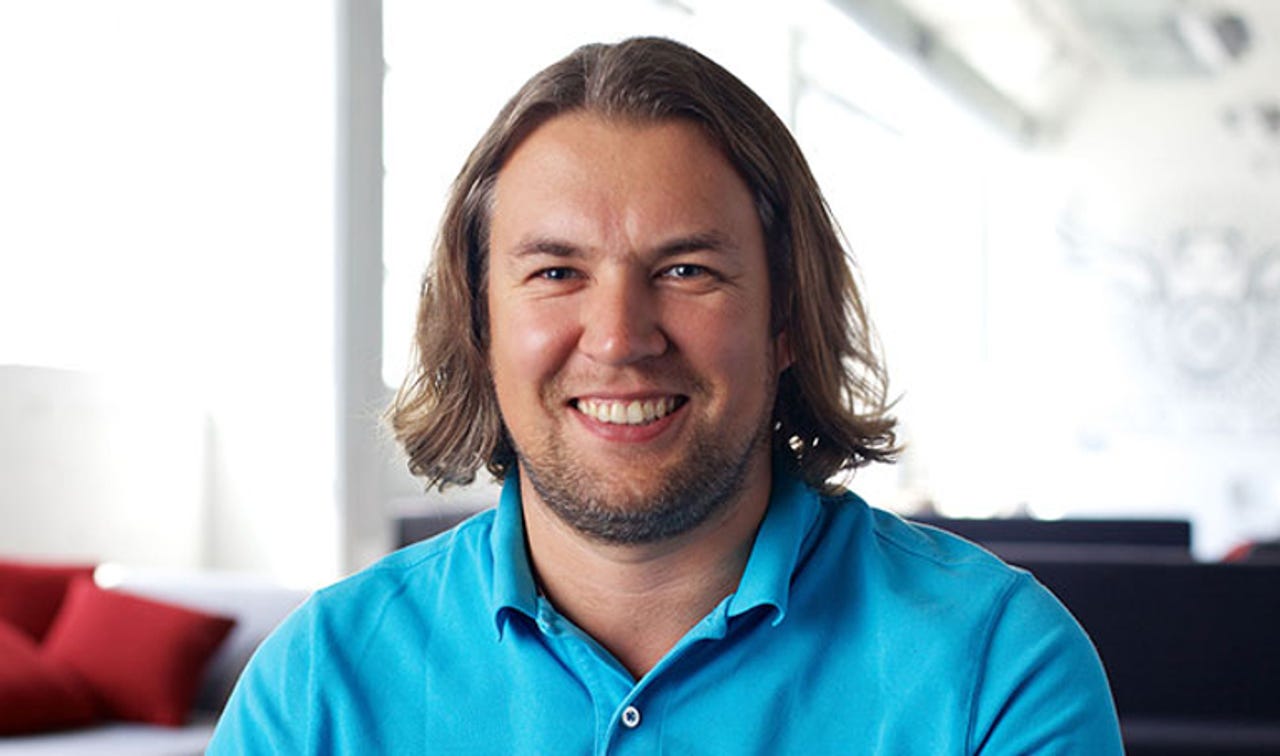Tiny Estonia: Our part in Twilio and the biggest US tech IPO this year


Twilio engineering VP Ott Kaukver: "Twilio ships new features and improvements over 25 times per day."
In late June, cloud communications company Twilio became the year's largest technology-sector initial public offering.
A lot hung on the success or failure of the IPO, which was seen as a barometer for other billion-dollar startups hoping one day to justify high private valuations in the public markets.
As a result, one day before the Brexit referendum on the UK's EU membership, all eyes in Silicon Valley were focused on Twilio.
Some 4,000 miles east of the New York Stock Exchange, where the IPO took place, a few dozen people in the small Baltic country of Estonia were also keeping their fingers crossed.
In the event, the company's IPO raised $150m, with its shares closing up almost 92 percent after their first day of trading.
From the beginning of last year, Estonian capital city Tallinn has been home to one of Twilio's research and development hubs. The decision to open one in Estonia might just have something to do with Twilio engineering VP Ott Kaukver being Estonian. He, like many other internationally successful Estonian technology entrepreneurs and top specialists, was an early employee of Skype.
Kaukver tells ZDNet that Twilio has specific operational mechanisms that enable the company to have small teams operating independently on specific products, making establishing operations in new locations relatively easy.
As Estonia has a strong technology background, it was a logical step to open a center there.
"Twilio has multiple R&D centers across the globe. Estonia is one of the latest additions. It has a strong background in software engineering and a high entrepreneurial mindset that's been exposed to international practices. Because of those factors, the decision to open an R&D center in Estonia was a natural one," he says.
Last year Twilio employed around 50 people in Estonia. But, according to Kaukver, this number will grow rapidly.
"As our teams and business are growing, we'll be scaling the team in Estonia as well. We're really happy with the talent we've found so far," he says.
"Twilio has a nice mixture of domestic and international talent. We've had success in attracting people from countries close to Estonia. We've also hired great talent from universities and plan to double down in this area in the years to come."
Kaukver joined Skype in 2004 as the director of operations. Between 2005 and 2008 he was the firm's head of engineering of core technology, and then spent the next four years as head of engineering of consumer products. After leaving Skype, he was determined to continue his career in Silicon Valley.
"I had an opportunity to help build Skype's presence in Silicon Valley in its early days. When I was looking for a new challenge, California and Silicon Valley were very high on the list. A lot of global technology innovation happens there and that was fascinating to me," he says.
"When I heard about Twilio, I really liked the innovative approach the company was taking in enabling communications for app developers."
Kaukver has been heading engineering at Twilio for three years and finds the scale of operations one of the most fascinating parts of the job.
"Twilio has customers across the globe, in each timezone. Our product portfolio is constantly expanding and we've built an operating system internally that enables us to add new teams and initiatives with very little overhead," he says.
"As we scale our platform, we need to simultaneously accelerate Twilio's feature velocity. Twilio ships new features and improvements over 25 times per day, so building the production system that allows us to do that is a nice challenge that really stretches all of us."
Because Twilio is a platform company developed by developers for developers, he finds it quite difficult to compare his work with previous experiences at Skype.
"Developers and businesses embed Twilio in their own applications, solutions and workflows, which is radically different from developing and maintaining a consumer product like Skype," he says.
"Expectations by businesses and consumers in the same communication space differ, which requires a different organizational and skillset approach."
Kaukver's and the contributions of other Estonians to the company seem to have paid off, because Twilio's IPO was a success. The $150m the company managed to raise was at an initial per-share price of $15, which was also higher than expected.